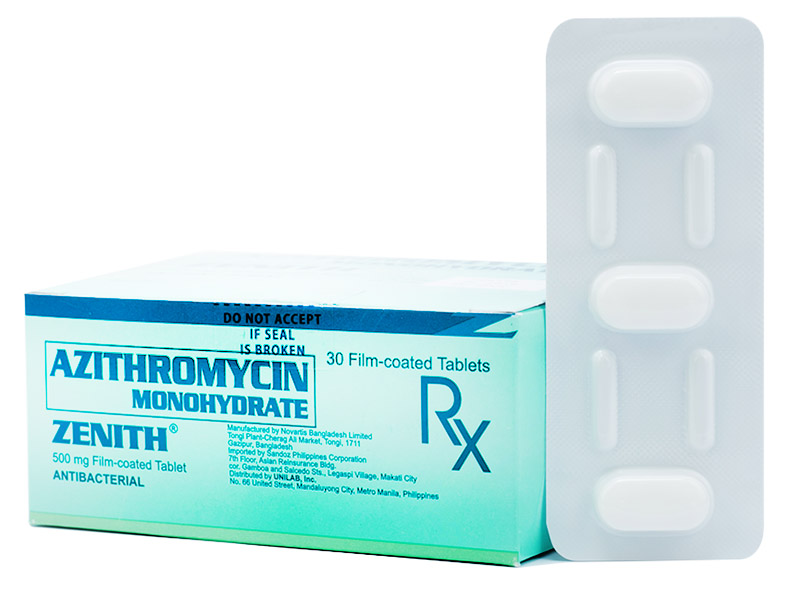Antimicrobial resistance (AMR) is a critical health concern across the world. AMR occurs when antibiotics are overused and misused by both humans and animals. Modern developments in science and technology have made it possible to successfully treat and end some of the worst health epidemics in the world. Unfortunately, new diseases have also emerged along with these discoveries in modern medicine. One of the most critical health issues is the spread of antimicrobial resistance (AMR), which is a rising concern in different nations across the globe.
What are antibiotics?
Antibiotics work by attaching itself to the bacterial cells in your body—eventually reducing its ability to multiply and survive. It might take a while for you to feel better after taking your first dose, but antibiotics immediately work the moment you take them.
What is antibiotic resistance?
Antimicrobial resistance or AMR happens when the bacteria in your body become resistant to medications typically used for treatment. AMR can be prevented by taking these necessary measures:
- Get vaccinated regularly to improve your resistance to common diseases like measles, tetanus, etc.
- Practice effective sanitation and good hand hygiene to avoid spreading diseases.
- Make sure that your kitchen tools are clean before you use them to prepare food.
- Taking antibiotics should be your last resort in treating diseases in both humans and animals.
When should you use antibiotics?
According to WHO, there are two types of infections, viral and bacterial, and antibiotics should only be used to treat bacterial infections. Which means that they do not work against viruses, such as colds and the flu. Antibiotics are powerful medicines that should only be taken if your doctor prescribes it. Remember these important reminders when the use of antibiotics is involved:
- Although antibiotics are used to treat bacterial infections, some bacterial infections can get better on their own without using antibiotics.
- Take your antibiotics as prescribed by your doctor. Finish the entire course even if you are already feeling better.
- Antibiotics are not used for viral infections. That means that you are causing more harm than good to your health if you take antibiotics for your cold, bronchitis, flu, runny nose, etc.
General disclaimer Always consult your doctor before taking any medicine. Your doctor will be in the best position to give the appropriate medical advice. For suspected undesirable drug reaction, seek medical attention immediately and report to the FDA at www.fda.gov.ph and UNILAB, Inc. at 8-UNILAB-1 or productsafety@unilab.com.ph. Always buy from your trusted drugstores and retailers.



